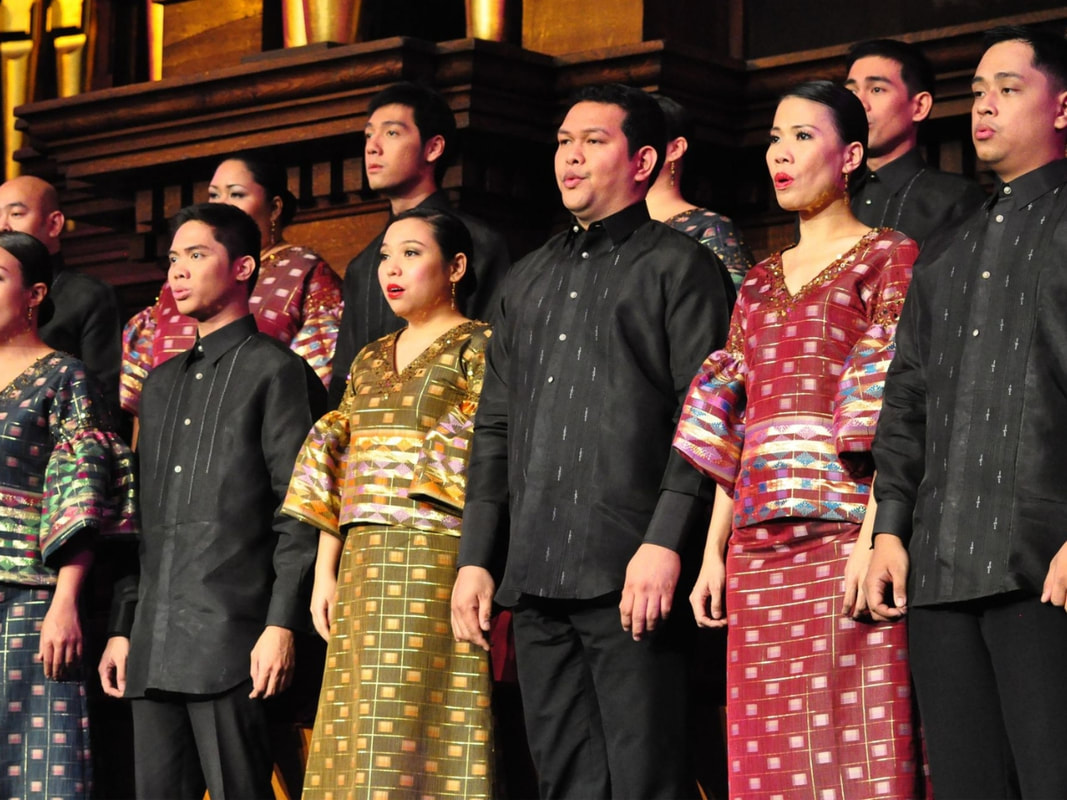Program
Like many middle eastern people, I was forced to take piano lessons as a child, and I have to admit - I hated it. The music itself was great, but I hated practicing, spending what felt like hours at the piano by myself plodding through boring music my teacher assigned me. In middle school, I finally gave it up and joined the school band instead. I didn't know anything about playing a wind instrument, but some of my friends were going to join the band and I figured it was worth a shot.
It took a few months for everyone to figure out their new instruments and get the basics of how to play together as a group, but once we did, it was like everything fell into place. Though my part was only a simple line of music, it wove together with the dozens of other people in the band, each contributing their part to a great glorious sound that emerged. The music was so much more than what I could create by myself, and I realized it was this critical element of togetherness that was missing from my early years studying piano.
In recent years, I've learned that this understanding has a name in the Filipino community, Kapwa, a value of interconnectedness that is difficult to translate into English but that Eileen Tabios defines as our 'shared self' or 'shared identity'. Yes, I am me, and you are you, but we are also us, and by lifting you up, by helping one another, everyone is raised up, we are all helped; we as a connected whole, are made better.
Choral singing is the practice of contributing your mind, body and spirit so we can let more of each other in. I believe much of the immense joy found in group singing is how we lose ourselves in one another, a burnishing and polishing of the soul, freeing our hearts so they may fully swell outward toward one another in time to the rhythm and harmony of the music.
Is there any surprise that choral singing has found an elevated expression among filipinos? What better expression of Kapwa could there be than singing together as one voice? This singing becomes an expression of this great shared identity, a declaration of this shared self, and a celebration of the life we share together.
Program
Like many middle eastern people, I was forced to take piano lessons as a child, and I have to admit - I hated it. The music itself was great, but I hated practicing, spending what felt like hours at the piano by myself plodding through boring music my teacher assigned me. In middle school, I finally gave it up and joined the school band instead. I didn't know anything about playing a wind instrument, but some of my friends were going to join the band and I figured it was worth a shot.
It took a few months for everyone to figure out their new instruments and get the basics of how to play together as a group, but once we did, it was like everything fell into place. Though my part was only a simple line of music, it wove together with the dozens of other people in the band, each contributing their part to a great glorious sound that emerged. The music was so much more than what I could create by myself, and I realized it was this critical element of togetherness that was missing from my early years studying piano.
In recent years, I've learned that this understanding has a name in the Filipino community, Kapwa, a value of interconnectedness that is difficult to translate into English but that Eileen Tabios defines as our 'shared self' or 'shared identity'. Yes, I am me, and you are you, but we are also us, and by lifting you up, by helping one another, everyone is raised up, we are all helped; we as a connected whole, are made better.
Choral singing is the practice of contributing your mind, body and spirit so we can let more of each other in. I believe much of the immense joy found in group singing is how we lose ourselves in one another, a burnishing and polishing of the soul, freeing our hearts so they may fully swell outward toward one another in time to the rhythm and harmony of the music.
Is there any surprise that choral singing has found an elevated expression among filipinos? What better expression of Kapwa could there be than singing together as one voice? This singing becomes an expression of this great shared identity, a declaration of this shared self, and a celebration of the life we share together.
Performers
|
Philippine Madrigal Singers |
Recognized by the UNESCO as Artists for Peace for “putting their fame and influence to promote cultural diversity, intercultural dialogue and a culture of peace,” the Philippine Madrigal Singers is one of the most awarded choral groups in the world, having won all the top prizes in most of the world’s prestigious choral competitions, including the Grand Prix in the 2016 Concurso Internazionale di Guido d’ Arezzo, Arezzo, Italy. They hold the distinction of being the first choir in the world to win the prestigious European Grand Prix for Choral Singing twice (1997 and 2007) and the first Asian choir to be accorded the BrandLaureate Premiere Award by the Asia Pacific Brands Foundation (2012). The group’s virtuosity across a vast repertoire range, its continuing promotion of Filipino choral works and the rousing and deeply emotional impact that each performance has on all audiences the world over, as they sing in the distinctive set-up of sitting in a semi-circle without a conductor, have established their reputation as a pioneering force in choral music and an inspirational role model for other choirs. Founded in 1963, by National Artist for Music Professor Andrea O. Veneracion, the UP Madrigal Singers, now under designated successor Mark Anthony Carpio, demonstrate every day that choral music can be socially relevant and transformational. They have continued to touch hearts and souls of those who come to their performances and carried on various programs to nurture and develop future generations of conductors and choral singers all over the world. |


